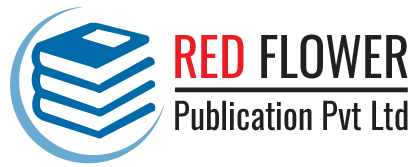Data Access and Retention
Authors may be requested to submit their study's raw data alongside the manuscript for editorial review. They should also be prepared to make this data publicly available when feasible. In all cases, authors must ensure that the data remains accessible to qualified professionals for at least 10 years following publication, ideally through an institutional, subject-based data repository, or data center. This must be done while safeguarding participant confidentiality and respecting legal rights related to proprietary data.





